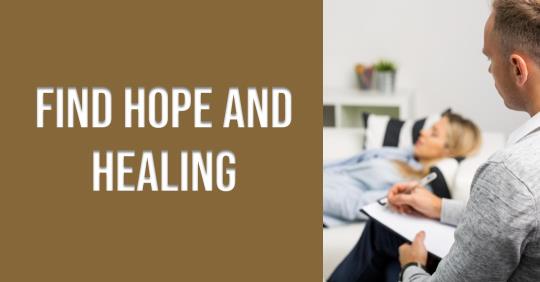Recovery involves long-term dedication and, with the right plan, success can happen. Having a solid support network can soften the bad times and help celebrate the good. Successful recovery is possible given the right tools, support, and dedication.
Here’s a list of 8 powerful tips that you can do today to help your recovery plan.
Prepare for PAWS
PAWS, also known as post-acute withdrawal syndrome, is when the detox period is over, but withdrawal symptoms continue.
Typical symptoms can be:
- irritability, anxiety,
- depression, feelings of fatigue,
- problems sleeping
These withdrawal symptoms can be different for everyone. For some, symptoms can last between six months to two years after the detox period, making a recovery difficult. If you experience PAWS, seek medical help right away.
New Routines and Habits
If your life is chaotic and unstructured, so will your recovery. A structured routine will help build new habits that keep your recovery on track. Find things you enjoy, such as hiking, seeing loved ones, starting a new hobby. This stability will filter out old behaviors and will keep you in check.
Lots of people discover new passions during their mission to find inner peace and create a positive structure for themselves.
Build Healthy Relationships
New relationships are something to celebrate. Finding new people to add to your network can strengthen your chances of a successful recovery. It’s critical to filter who you let in, old or new connections, and some people can be toxic to your sobriety.
Going to meetings like Alcoholics Anonymous aren’t just to help support addicts during their difficult journey. It’s also about creating bonds with people who are going through the same thing that they are, which is vital to the recovery process.
Get Support
In recovery, finding the right people is vital.
Outside of loved ones, support groups can be a valuable resource for the good and bad times. Joining a support group can teach you different coping mechanisms, share in your fears, and help handle your triggers. Also, finding a therapist or psychologist who can show you the tools for coping and managing daily temptations during visits is helpful.
Practice Healthy Living
Recovery, just like addiction, is different for everyone. This list is a starting point to find a balance to help in recovery. Here are some things you can do to live well:
- exercising regularly
- time for activities and hobbies
- eating balanced meals
- sleep regularly
- practicing relaxation strategies such as yoga
- exercise to avoid addiction relapse
Finding a balance that works for you should be part of any recovery plan. Focusing on physical and mental well-being is vital for long-term recovery.
Deal With Past Mistakes
At the start of sobriety, it’s common to be faced with past mistakes that hurt loved ones. Feelings of guilt, shame, and sadness can bubble to the surface when this happens. Going to therapy and tackling these feelings will help to heal these relationships.
Find Balance in Your Life
A common mistake made in recovery is swapping one compulsive behavior for another. It can be easy to begin a new diet, workout program, or job with the same level of compulsion.
The problem of transferring one addiction for another is that it’s easier for the moment, not the long run. The secret’s finding some balance and starting new things slowly, rather than jumping into the deep end. Support groups and finding a sponsor can help manage these compulsion tendencies during recovery.
Celebrate your Victories
Don’t forget to celebrate the victories. Whether small wins or life-changing, sharing these triumphs can help keep you on track when things get bumpy. It might not seem like much, but celebrating your sobriety milestones are just as important as celebrating any other important moments in life. Because you aren’t simply acknowledging another day, you’re celebrating having your life back.
Aspen can Help
Taking the first step into treatment for drugs or alcohol dependence can be scary if done alone. Let our team of medical professionals and recovery experts guide you as you begin to learn how to handle the stressors of a sober life.
Our team is ready to help you every step of your road to recovery and to help change your life for the better. Contact Aspen Behavioral Health to learn how we can help.



